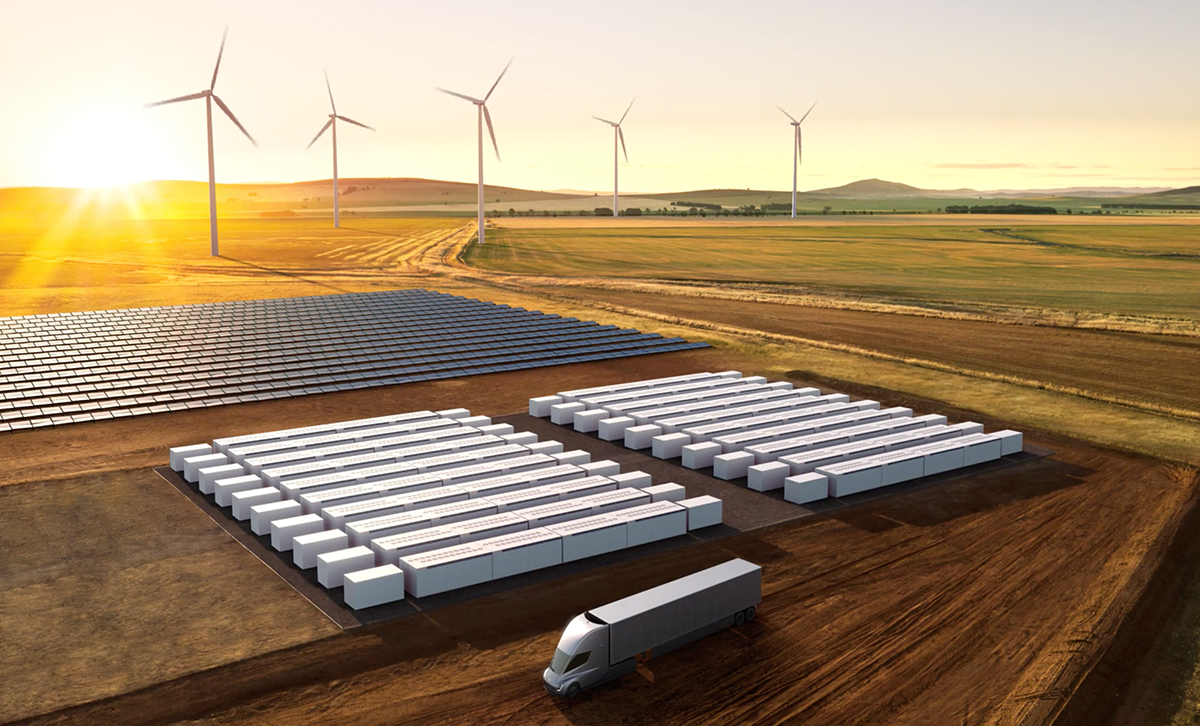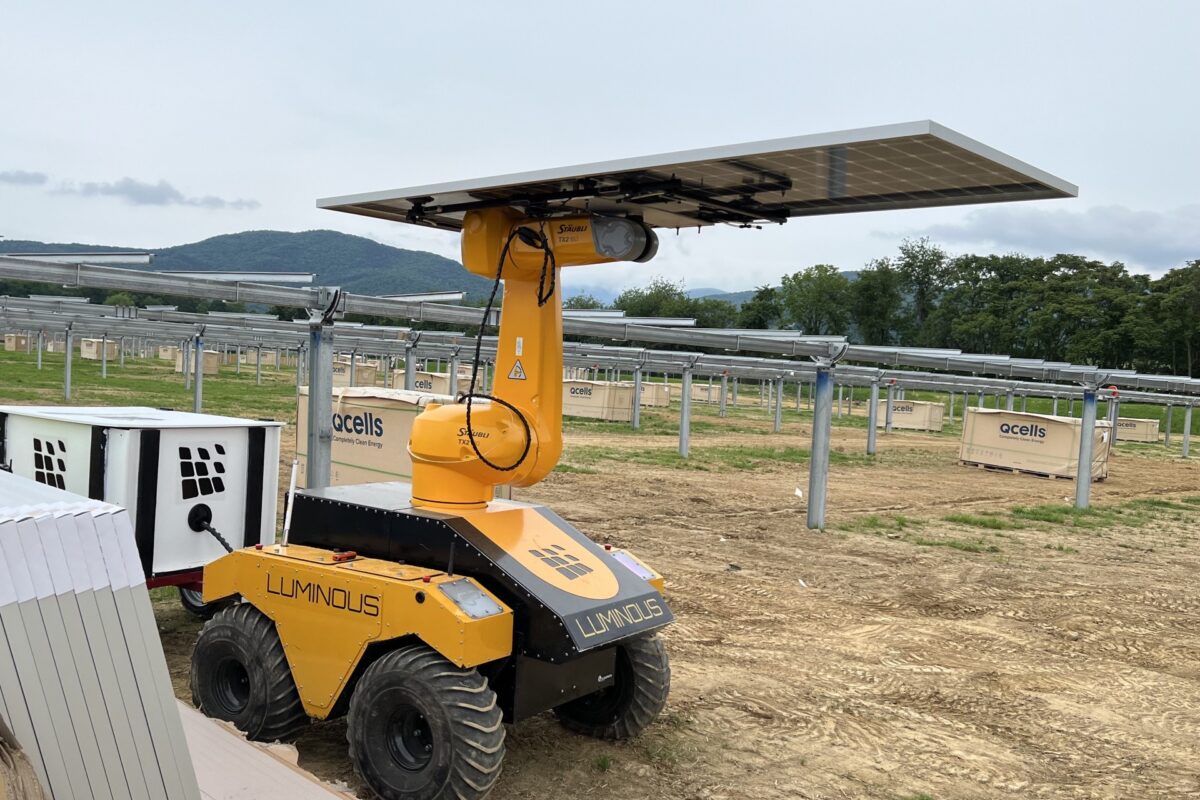Spanish EPC Gransolar Group, which earlier this year announced plans through its battery division, E22, to develop 13 large-scale batteries across South Australia, Victoria and New South Wales, has announced its first hybrid project, the 5 MW Dalby Hybrid Power Plant in Queensland (QLD), consisting of 2.7 MW (DC) of solar and 2.5 MW of storage.
The 2.5 MW/5 MWh QLD hybrid project will be grid connected and supply power to grid service provider Ergon. Gransolar’s hybrid solution is a concerted and tailored approach designed to “provide maximum flexibility with the ability to access the maximum number of market and revenue streams, including arbitrage and FCAS services”, according to a company statement.
With the National Energy Market at the forefront of grid congestion and therefore at the forefront of necessity for grid innovation, companies are now realising that new renewables are perhaps better built already hybridised with battery energy storage.
There is a need, said Carlos López, managing director of Gransolar Group Australia, to “build facilities that already integrate BESS systems; the future of renewables as a source of continuous generation involves hybridisation with storage.”
This is the first hybrid project for Gransolar and the first project in which all four of the group’s member companies are involved. Therefore, not only with Gransolar build the plant and install the energy storage system, it will also do the engineering, supply the solar trackers as well as the integrated monitoring system.
“Our differentiating element is that we are involved in the entire value chain,” said López, “offering solutions that adapt to the needs of each customer and each project. We are working to take on more projects like Dalby’s.”
So if these sorts of hybridised systems are the future of new renewable builds in Australia, will it be that company’s with a footprint across the entire value chain are also the future?
The project is expected to be operational by early 2022 and will generate approximately 50 jobs in the process.
This content is protected by copyright and may not be reused. If you want to cooperate with us and would like to reuse some of our content, please contact: editors@pv-magazine.com.









By submitting this form you agree to pv magazine using your data for the purposes of publishing your comment.
Your personal data will only be disclosed or otherwise transmitted to third parties for the purposes of spam filtering or if this is necessary for technical maintenance of the website. Any other transfer to third parties will not take place unless this is justified on the basis of applicable data protection regulations or if pv magazine is legally obliged to do so.
You may revoke this consent at any time with effect for the future, in which case your personal data will be deleted immediately. Otherwise, your data will be deleted if pv magazine has processed your request or the purpose of data storage is fulfilled.
Further information on data privacy can be found in our Data Protection Policy.